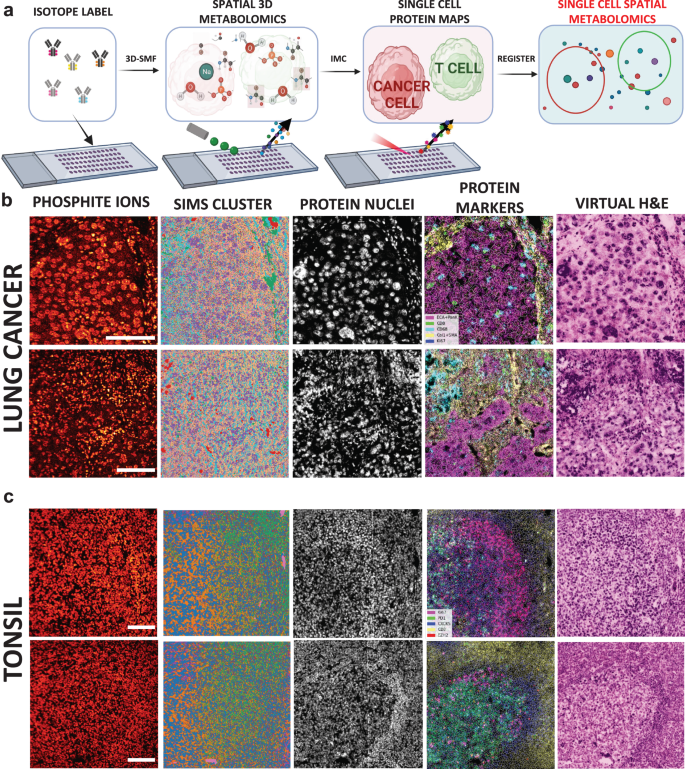2023-12-20 カリフォルニア大学リバーサイド校(UCR)
◆RNAベースの殺菌剤は環境に有毒な残留物を残さず、人間や動物に影響を与えないため、害虫や病原体の制御に新しいアプローチを提供する見込みです。
<関連情報>
- https://news.ucr.edu/articles/2023/12/20/discovery-plants-use-trojan-horse-fight-mold-invasions
- https://www.cell.com/cell-host-microbe/fulltext/S1931-3128(23)00470-5#%20
植物のmRNAが細胞外小胞を介して真菌病原体に移動し感染を抑える Plant mRNAs move into a fungal pathogen via extracellular vesicles to reduce infection
Shumei Wang,Baoye He,Huaitong Wu,Qiang Cai,Obed Ramírez-Sánchez,Cei Abreu-Goodger,Paul R.J. Birch,Hailing Jin
Cell Host & Microbe Published:December 15, 2023
DOI:https://doi.org/10.1016/j.chom.2023.11.020
Highlights
•Arabidopsis delivers mRNAs via extracellular vesicles into fungal pathogen cells
•Delivered host mRNAs are translated within fungal cells
•Proteins translated from delivered host mRNAs reduce fungal infection
•Knockouts in host genes corresponding to delivered mRNAs are more susceptible
Summary
Cross-kingdom small RNA trafficking between hosts and microbes modulates gene expression in the interacting partners during infection. However, whether other RNAs are also transferred is unclear. Here, we discover that host plant Arabidopsis thaliana delivers mRNAs via extracellular vesicles (EVs) into the fungal pathogen Botrytis cinerea. A fluorescent RNA aptamer reporter Broccoli system reveals host mRNAs in EVs and recipient fungal cells. Using translating ribosome affinity purification profiling and polysome analysis, we observe that delivered host mRNAs are translated in fungal cells. Ectopic expression of two transferred host mRNAs in B. cinerea shows that their proteins are detrimental to infection. Arabidopsis knockout mutants of the genes corresponding to these transferred mRNAs are more susceptible. Thus, plants have a strategy to reduce infection by transporting mRNAs into fungal cells. mRNAs transferred from plants to pathogenic fungi are translated to compromise infection, providing knowledge that helps combat crop diseases.
Graphical abstract



